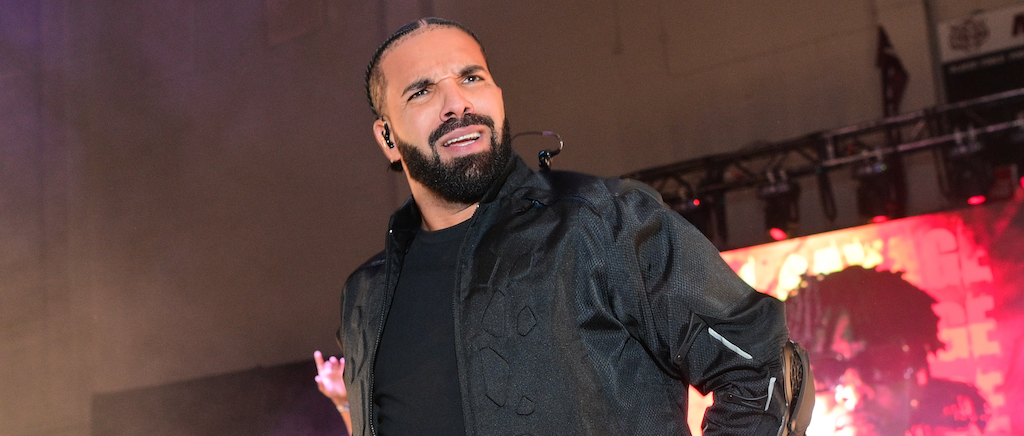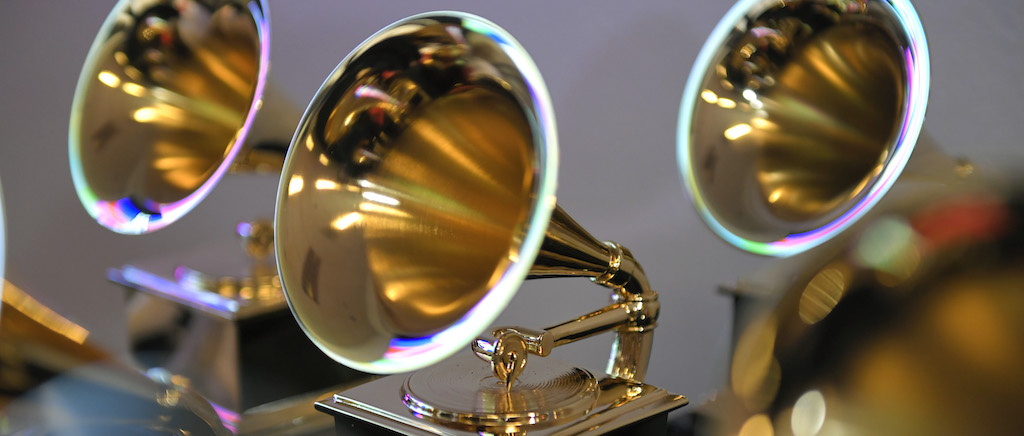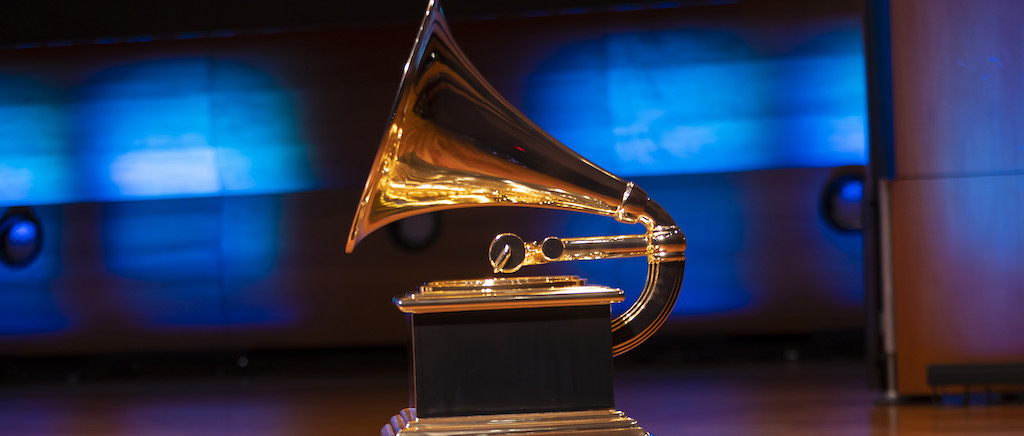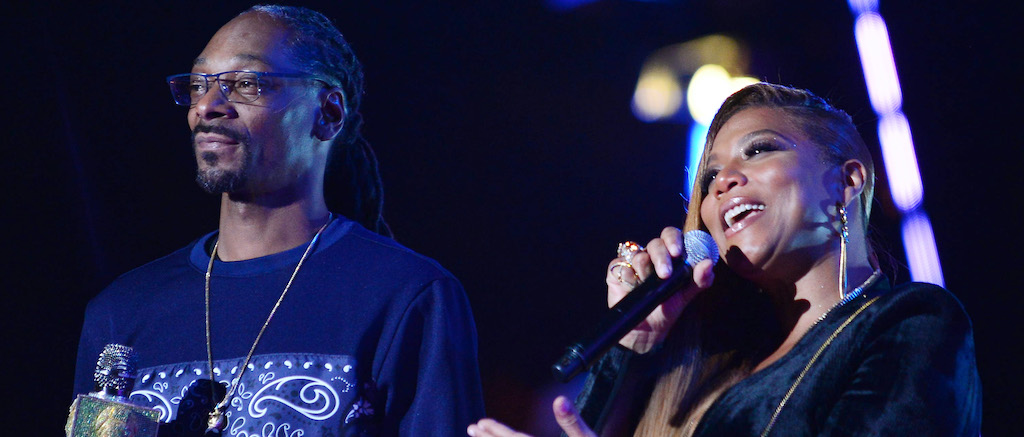
Back in April, Universal Music Group issued a takedown notice after an AI-generated song imitating Drake and The Weeknd went viral on YouTube, but that somehow isn’t stopping the song from being considered for a Grammy Award. The song’s creator, an anonymous internet denizen going by “Ghostwriter,” has submitted the song to the Recording Academy, and it sounds like it’ll be taken seriously despite its dubious provenance.
The song, “Heart On My Sleeve,” used approximations of the two performers to sing a mopey breakup ballad supposedly about Selena Gomez (who was previously romantically involved with The Weeknd). It also generated plenty of criticism online from detractors who believed that its popularity undermined the creativity and individuality of the artists invoked. As one Twitter user put it, “The first immediate thing that stands out is that so much of this AI music is going after rap/hip hop and that’s how you can tell the people behind it have contempt for it.”
Apparently, that contempt extends to the Recording Academy (because of course it does). The Academy CEO, Harvey Mason, Jr., told The New York Times, “As far as the creative side, it’s absolutely eligible because it was written by a human.” I’m not so sure that’s the case (one generative AI “writes” Drake songs based on prompts provided by users after scraping existing Drake songs for cues), but Drake himself generally seems to frown on the illegal use of his likeness (or, in this case, his voice) for AI-generated songs, so that would be enough for me to disqualify this thing from contention — but I’m not an Academy member (yet) so, what do I know?
The Academy announced that AI-generated songs would be eligible in June, provided the songs were actually written by people, but despite later clarifications, it’s unclear how exactly the Academy intends to verify authorship.



 We can hear the music already, can you?
We can hear the music already, can you?  The 66th
The 66th 



